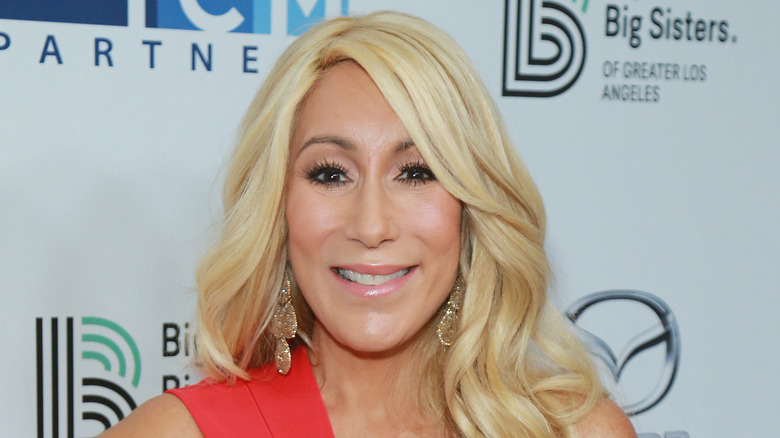The Truth About What Happened To Obvious Wines After Appearing On Shark Tank
The "Shark Tank" investors may have been thrown off by the French mime that trendy wine producer Obvious Wines brought to their Season 10 pitch, but the company's branding had the judges intrigued.
Originally from Champagne, France, founder Brice Baillié created Obvious Wines in 2018 after his complicated experience learning about wines in California. With the complicated jargon, the ambiguous labels, and "snobbish" attitude, the former L'Oreal finance manager was left dazed and confused and found that other wine drinkers around him related to this struggle. Baillié sought out sustainable vineyards from around the world willing to develop an anti-snob, eco-friendly, vegan line of bottled wine.
But what truly sets Obvious Wines' bottles apart are their distinctive labels, which feature a breakdown of the wine's flavor profile and pairing menu, making choosing a wine for yourself or others simple. With the company's eye-catching branding, some of the Sharks were ready to bite, but how has Obvious Wines fared since entering the tank?
Lori Greiner applauded Obvious Wines's obvious take on wine
Obvious Wines' presentation on "Shark Tank" in 2019 emphasized making talking about wine accessible to everyone. Bringing along a mime — who Mark Cuban hilariously cites as creepy and his reason for pulling out of the deal — to entertain the judges, CEO and founder Brice Baillié initially sought $150,000 for 5% equity in his company. Presenting them with the company's two wines, one red wine and one sauvignon blanc, Baillié highlighted how the "simple, straightforward, and educational" label helped give consumers the information to be fluent in wine-speak. "You don't need a Ph.D. to drink them," the entrepreneur persuaded. He revealed the company had $100,000 in sales and distribution in over 100 stores in California, but needed the help of a shark to grow past the Golden State.
Right off the bat, QVC Queen Lori Greiner loved the taste of the sauvignon blanc. She pointed out women are some of the biggest consumers of wine and thought the branding would appeal to that audience. Investor Kevin O'Leary declined the deal due to having his own wine brand, and the others weren't interested in building up the relatively-new brand.
After negotiating back and forth over the valuation of the company, Greiner offered Obvious Wines a deal for $160,000 in exchange for 12.5% equity. The CEO accepted, and he and the judges raised their glasses in celebration together. With the support of a shark behind them, what did Obvious Wines do with this momentum?
Obvious Wines capitalized on marketing
Although it appears that Lori Greiner's investment with Obvious Wines didn't pan out after they appeared on "Shark Tank," the alcohol company has continued to expand its line of products and its mission in sustainable practices. Remember how Forbes discovered that almost half of "Shark Tank's" on-camera deals fall through after the show? Well, from the lack of Obvious Wine's presence on Greiner's website boasting her partnerships from the program, it looks like the two parted ways.
But that certainly didn't stop Obvious Wines. The brand actually dropped a new chardonnay and sparkling wine on the day their episode premiered on television in 2019, per their press release. To round out their collection, Obvious Wines also added a highly-anticipated rosé in 2019. According to their 2021 crowdfunding campaign on StartEngine, the company generated $1.3 million in sales in 2020 and has expanded to Florida, Texas, Tennessee, New York, and more. In December 2021, Obvious Wines began selling a lifetime supply of bottles of their wine for a one-time flat fee of $6,000.
Sourcing their products from California, France, and Chile, founder Brice Baillié conveyed to Convoy in 2021 how Obvious Wines engages in fair trade practices. "We buy the grapes for much more money than what the big guys would pay," he explained. "But in exchange, they also have to pay the employees in a very fairly manner and also have to comply to the organic farming practices."


